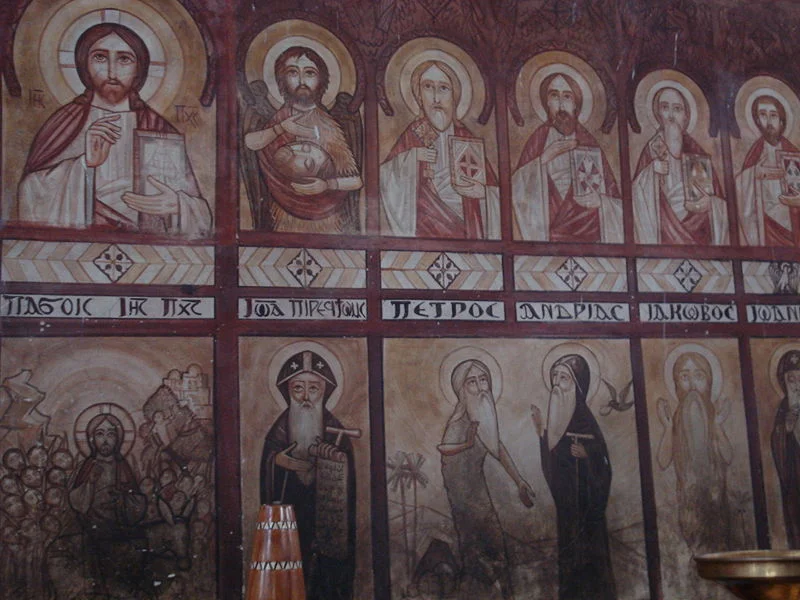The Orthodox Church is often referred to as a "traditional" church. Many people associate this description with food festivals, cultural clothing, and liturgical languages. In fact, there is a significant and crucial distinction between these aspects of culture and what we in the Orthodox Church refer to as "Holy Tradition."
Holy Tradition is the faith taught by our Lord Jesus to His disciples and passed down in the church from one generation to the next without change. It consists of the core tenets of faith that were preserved in the church primarily by their passing down to the leadership of the church through "Apostolic succession". One generation of leaders maintain and teach the faith, being sure to pass it down to the next generation without addition, subtraction or change.
Many coming from Protestant (especially evangelical) backgrounds believe that Tradition as described here stands in contrast to the Holy Bible, which they regard as the sole and supreme authority in doctrinal matters. In fact, however, the Bible itself speaks about Tradition many times. For example, St. Luke appeals to Tradition in writing his New Testament Gospel:
Inasmuch as many have taken in hand to set in order a narrative of those things which have been fulfilled among us, just as those who from the beginning were eyewitnesses and ministers of the word delivered them to us, it seemed good to me also, having had perfect understanding of all things from the very first, to write to you an orderly account, most excellent Theophilus, that you may know the certainty of those things in which you were instructed. (Lk 1:1-4)
We see here in this passage that St. Luke's desire is to write down the oral traditions the disciples of Christ have been teaching.
St. Paul also appeals to Holy Tradition when he says to the Thessalonians:
So then, brothers, stand firm, and cling to the traditions that you were taught by us, either by word of mouth or by our letter. 2 Thessalonians 2:15

